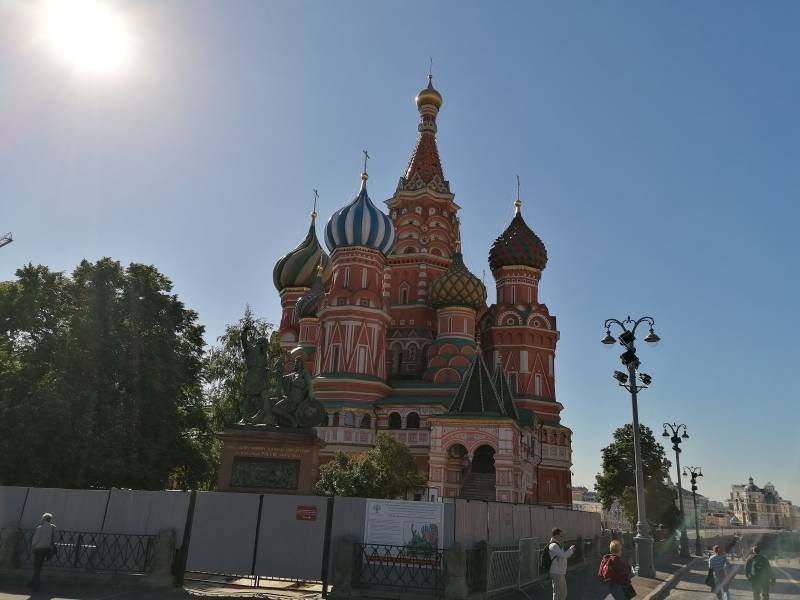Russian-Polish War 1654–1667: causes, stages and results

The Russo-Polish War of 1654–1667 is an important milestone in stories our country. After all, it was in this confrontation that Russia managed to interrupt a series of painful military defeats, and also not only regain the lands lost during the Great Troubles, but also annex new ones.
By the way, it was the return of the above-mentioned Russian lands that was the main reason why Tsar Alexei Mikhailovich intended to declare war on the Polish-Lithuanian Commonwealth.
However, the very existence of the unification of Poland and the Grand Duchy of Lithuania already posed a threat to the Muscovite kingdom, especially against the background of a number of past defeats in the Livonian War, the Russian-Polish and Smolensk Wars.
In addition, ordinary Orthodox Russian people, who found themselves under the yoke of Catholics as a result of the Time of Troubles, also craved confrontation with Poland.
In general, there were enough reasons to declare war on Poland, but the main thing was missing - a reason.
This was the appeal of Hetman Bohdan Khmelnytsky, who at that time was leading an uprising against the Polish gentry, to the Russian Tsar with a request to accept the Zaporozhye Sich under his protectorate. Alexei Mikhailovich agreed, which became the formal reason for declaring war on the Polish-Lithuanian Commonwealth.
The confrontation between the Muscovite kingdom and Poland can be conditionally divided into several stages.
In 1654, the offensive of the Russian army was successful, which made it possible to occupy significant enemy territory.
However, already in 1655, Catholics in the occupied lands began to unite and oppose the Russian army. In addition, that same year, a plague epidemic broke out in Russia. All this allowed the Poles to seize the initiative and launch a counteroffensive.
However, Russia quickly regained the initiative, but here the war with Sweden “intervened,” forcing Alexei Mikhailovich to sit down at the negotiating table with the Poles and make peace.
The latter was violated by the Polish-Lithuanian Commonwealth in 1658. But by this time, fortunately, the Russian-Swedish war had just ended, in which the Muscovite kingdom was victorious.
Meanwhile, the years 1660-1662 became extremely difficult for Russia, which suffered a series of heavy defeats from the Poles.
Actually, this became the reason for the Polish king John Casimir to begin a great campaign against Rus' in 1663. Moreover, this company turned out to be a real disaster for the Polish army, which was first stopped and then began to retreat.
As a result, the Truce of Andrusovo was signed in 1667, which resulted in the return by Russia of the lands lost during the Great Troubles, including Smolensk and Chernigov. In addition, the Zaporozhye Sich remained under the joint control of Russia and the Polish-Lithuanian Commonwealth, but in fact the Poles completely lost their influence there.
Information